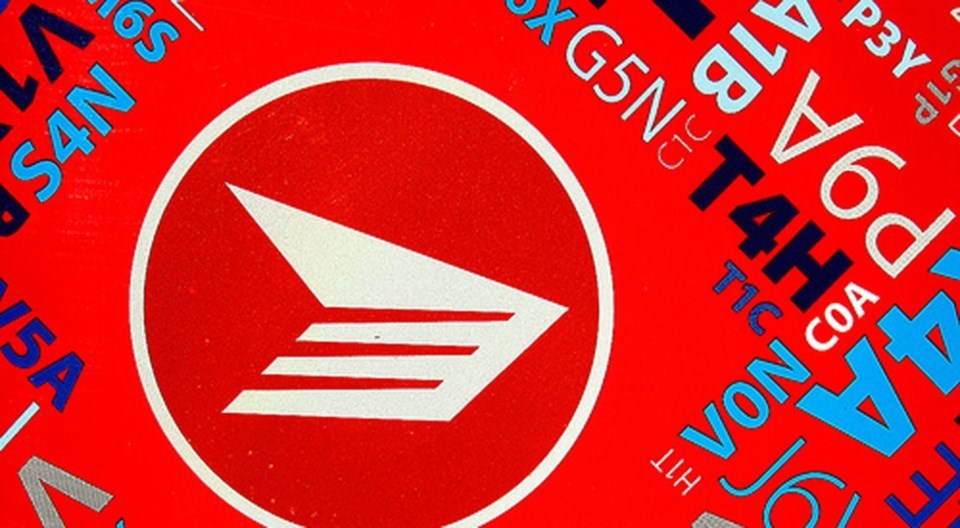Canada Post and the Canadian Union of Postal Workers have announced a delay to the negotiations that were meant to take place Aug. 15 and Aug. 18.
These delays were to federal mediators assisting in the ongoing labour dispute between Air Canada flight attendants, represented by the Canadian Union of Public Employees, and their employer.
Canada Post and CUPW are expected to resume negotiations on Wednesday, Aug. 20 with the help of federal mediators.
CUPW Local 812 president Nicole Chouinard agreed that federal mediators were needed in the negotiations of the new collective agreement, which has been heavily debated over the past year and a half.
“It’s fairly normal to have federal mediators involved whenever there is potential for strike action for something that affects people in a significant way,” said Chouinard. “Frankly, when two sides are as far apart as Canada Post and CUPW — mediation is necessary, and I would imagine it is likely necessary at this point ...
“If two sides are bargaining in good faith, in the interest of what’s best for the workers and the company, then mediation shouldn’t be necessary in theory. But in reality, it’s not that simple. You have to be in favour of anything that could help move the process along if two sides aren’t able to reach an agreement.”
She said in an interview with The Citizen that she is disappointed in further delays and that she sympathizes with the employees represented by CUPE.
“I would be lying if I said that I wasn’t disappointed,” said Chouinard. “That was the mood on the floor in general today — disappointment that we were sustaining further delays because for us it has just been one delay after another. But it’s also disappointing that it’s come to this with another union in this country — that the federal government is stepping in and appointing mediators and trying to divert job action again. So our hearts go out to the CUPE members because we know how frustrating that process can be, and hopefully they can work it out without having too much long-term effect on their workers.”
With two unions currently needing federal mediators and undergoing lengthy labour disputes, Chouinard noted that these ongoing issues are a symptom of a larger problem.
“There is clearly a bigger overall problem,” said Chouinard. “If we go back even before our CUPW was out on strike — whether you’re talking about port workers, CN Rail, our union, and now CUPE — it is one union after another after another trying to manage a negotiation with a company who essentially holds all the power, except for our right to use our labour to our benefit.
“The workers in this country keep this country running. The fact that corporations will not negotiate fair collective agreements with those workers — and in a lot of cases that comes at the expense of a strike or of being forced back to work or being locked out, any number of scenarios — the fact that it keeps coming to that is a big indication that there’s something wrong with collective bargaining.
“It’s broken in some way that companies can’t treat their workers. If you’re talking about CN, if you’re talking about port workers, you’re talking about us — you can’t say we’re so essential that we don’t have the right to strike, but then not also force the companies that we work for to treat us like the essential workers that they claim that we are.”
Despite her disappointment, she remains steadfast in her belief that the upcoming Aug. 20 negotiations will still proceed.
“While we are delayed, I am still optimistic that eventually we will get back to the bargaining table and both sides can come together to come up with a negotiated agreement that our union will be able to ratify sooner rather than later — but we’ll see,” she said.


